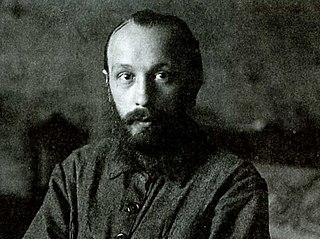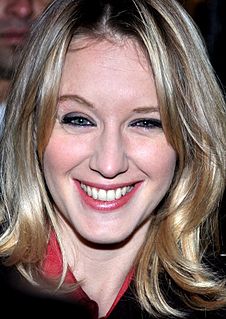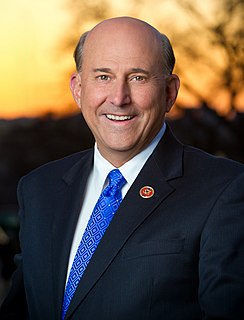A Quote by Eudora Welty
Dialogue has to show not only something about the speaker that is its own revelation, but also maybe something about the speaker that he doesn't know but the other character does know.
Related Quotes
I know that in a poem, even when the speaker is speaking from the poet's experience, there's always something that's borrowed, some authority that sits outside of the poet that the poem has claimed. There's a dramatic pitch that makes the speaker capable of saying something more courageous or stranger or simply other than what the poet would be able to say.
It becomes 'one's own' only when the speaker populates it with his own intentions, his own accent, when he appropriates the word, adapting it to his own semantic and expressive intention. Prior to this moment of appropriation, the word does not exist in a neutral and impersonal language (it is not, after all, out of a dictionary that the speaker gets his words!), but rather it exists in other people's mouths, in other people's contexts, serving other people's intentions: it is from there that one must take the word, and make it one's own
As medium for reaching understanding, speech acts serve: a) to establish and renew interpersonal relations, whereby the speaker takes up a relation to something in the world of legitimate social orders; b) to represent states and events, whereby the speaker takes up a relation to something in the world of existing states of affairs; c) to manifest experiences that is, to represent oneself- whereby the speaker takes up a relation to something in the subjective world to which he has privileged access.
After Nancy Pelosi became Speaker, we were told, 'She's the first female speaker of the House, so whether we like it or not, we've got to handle this with kid gloves. Don't go after Speaker Pelosi. You can go after other people, but you'll be branded as mean and evil if you go after the first female Speaker of the House.'
When I saw the sun bears at the Oakland Zoo, I immediately was drawn to them. Not to be ornery, but regarding what you said about the speaker identifying with the bear: I'm not sure it's exactly right to say that the speaker feels that the bear must share his sadness, or whatever else he is feeling. That would be classic pathetic fallacy, which is certainly generative for poetry, but here the speaker appears actually to be rejecting that idea.
Paul Ryan is speaker of the house and that - that is up to members of the caucus. Donald Trump is not running for a congressman from Manhattan where he would actually vote on the speaker. But I appreciate the good wishes that we're actually going to be the next president of the United States and that we'll have to work with the speaker.
I think my role is as a writer, especially, and then also as a speaker, an organizer, and an entre- preneur of social change. My role isn't to make choices for people-each individual or group needs to do that on their own. But as a writer and a speaker, you can describe possibilities that perhaps haven't been visible before, and aren't in other public dialogues or in the rest of the media. So I suppose I think of myself mainly as an organizer and as someone who describes possibilities.
One of the things that I did before I ran for president is I was a professional speaker. Not a motivational speaker - an inspirational speaker. Motivation comes from within. You have to be inspired. That's what I do. I inspire people, I inspire the public, I inspire my staff. I inspired the organizations I took over to want to succeed.
I'm also honored to be here with the speaker of the House - just happens to be from the state of Illinois. I'd like to describe the speaker as a trustworthy man. He's the kind of fellow who says when he gives you his word he means it. Sometimes that doesn't happen all the time in the political process.







































